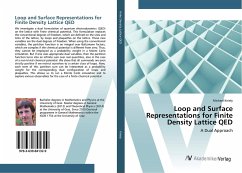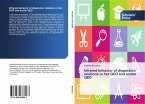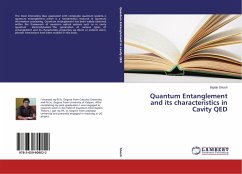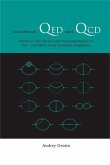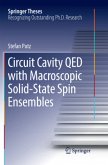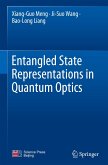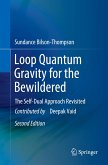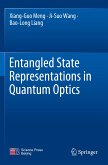We investigate a dual formulation of quantum electrodynamics (QED) on the lattice with finite chemical potential. This formulation replaces the conventional degrees of freedom, which are defined on the sites and links of the lattice, by loops and plaquettes on the lattice. These new variables are the dual degrees of freedom. When using the conventional variables, the partition function is an integral over Boltzmann factors, which are complex if the chemical potential is different from zero. Thus, they cannot be employed as a probability weight in a Monte Carlo simulation. But if one uses appropriate dual variables, then the partition function turns into an infinite sum over real quantities, also in the case of a non-trivial chemical potential. We show that all summands are even strictly positive if we restrict ourselves to a certain class of loops. Now, each term of this partition sum can be interpreted as a probability weight for the corresponding dual configuration of loops andplaquettes. This allows us to run a Monte Carlo simulation and to explore various observables for the case of a finite chemical potential.

